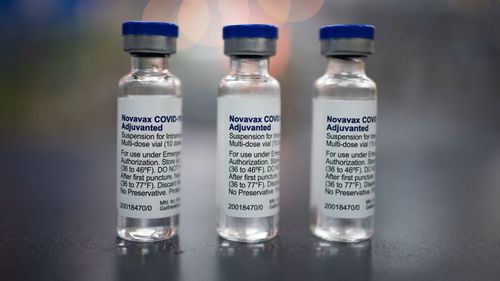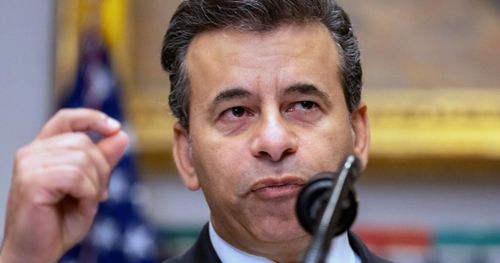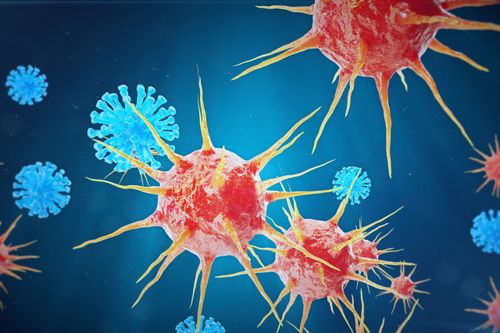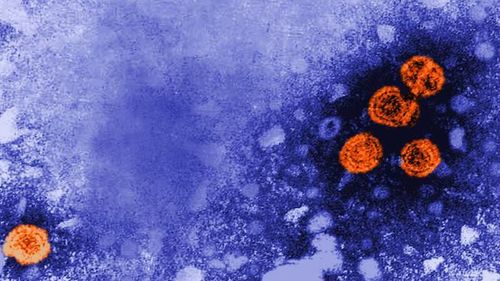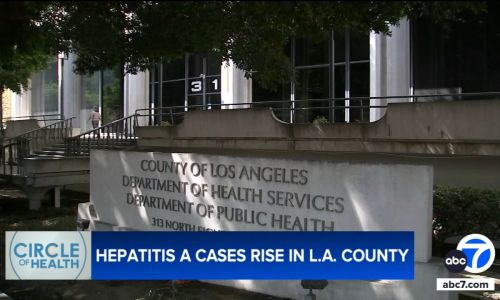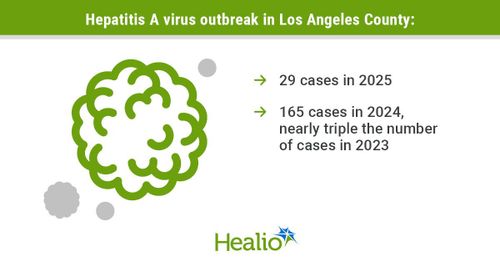Researchers Zero In on Biological Triggers of 'Long COVID' Brain Fog
Articles
Summary

Study provides insight into long COVID symptoms
A new study could explain the impact of COVID-19 on the brain and why some people deal with lingering symptoms even years later. “When you look at the first round of COVID, it was a global pandemic, and so we’re talking individuals in the millions,” said Dr. Michael Lawrence, a neuropsychologist at Corewell Health and lead author of the study. Doctors have previously found it difficult to understand why some people are impacted by long COVID while others are not. The goal of this study was to compare two groups of post-COVID patients: 10 who reported long COVID symptoms and seven who were fully recovered. All participants underwent an interview on their self-rated health and quality of life, a battery of neurocognitive tests and blood draw for biomarker analysis.
Left
Yahoo!
New ‘long COVID’ study zeroes in on possible biological cause of brain fog - UPI.com
Millions of "long COVID" patients coping with debilitating "brain fog" and chronic fatigue, who are looking for answers to what's at the root of their illness, received a hopeful sign through a new study released Thursday. The answers, though somewhat complex, appear to be biological and neurological, authors of the study said. In other words, it's not just in patients' heads. An estimated 12 million COVID "long-haulers" in the United States experience a range of neurological symptoms such as feeling slow, having difficulty thinking or concentrating, confusion and forgetfulness many months after recovery from the viral infection.
Middle
UPI
Scientists say they might've finally discovered cause of long Covid
People struck by debilitating long Covid have unique changes to their brains which makes it harder to think and speak. A new study found they have fewer protective proteins in their brains and higher levels of inflammation, both of which are linked to dementia. Long Covid patients also perform worse in language tests, such as finding the right word or understanding what certain words mean, which can be signs of brain fog.
Right
Daily Mail
New 'long COVID' study zeroes in on possible biological cause of brain fog
An estimated 12 million COVID "long-haulers" in the U.S. experience neurological symptoms. Symptoms include feeling slow, having difficulty thinking or concentrating. Symptoms can limit those who once exceled at "multitasking" to doing just one thing at a time.
Left
Yahoo!
Biomarkers Reveal Neurological Basis for Long COVID
Brain fog, fatigue and anxiety in long COVID may be linked to brain inflammation and lower nerve growth factors. Millions have reported long-term symptoms after COVID-19, with ~30% of those infected continuing to experience problems months later. “Brain fog” is one of the most common complaints, affecting attention, memory and language.
Middle
Technology NetworksArticles
Summary
Articles
Summary
Articles
Summary
HEALTH
Florida Gov. Ron DeSantis Signs Bill to Ban Fluoride in Public Drinking Water
Updated: 3 days ago
Articles
Summary

